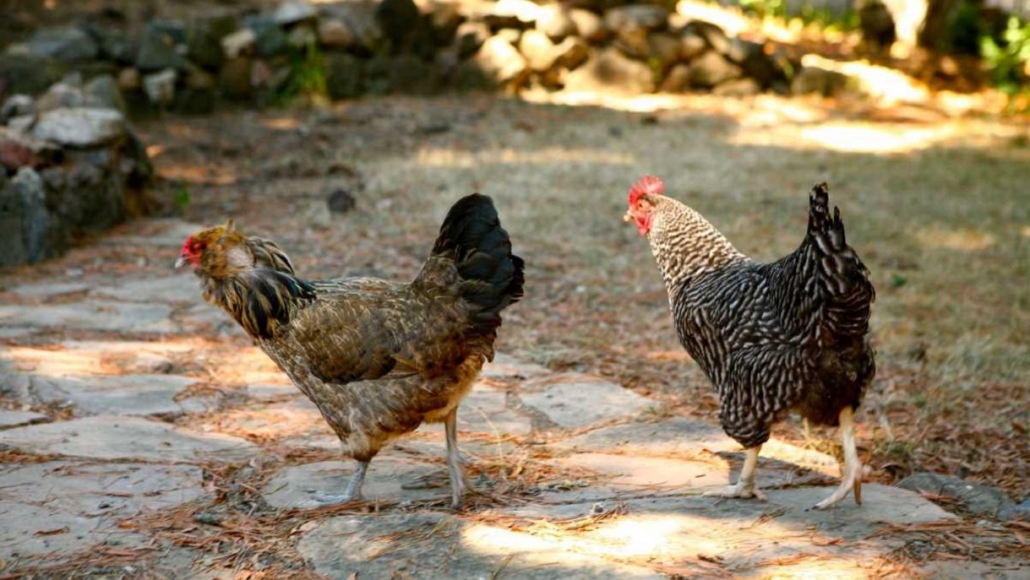Alumni turn their appreciation for the coast into an opportunity for a student
This story was written by Kelly Simmons and was originally posted to Outreach.uga.edu on July 8, 2019.
You can see the salt marsh from nearly every room in Dorothea and Wink Smith’s Hilton Head home.
The activity varies with the tide. When the water is high, boats cruise through a channel that connects residents and businesses to the intercoastal waterway and the ocean. At low tide, you can walk out to the edge of the marsh where there might be wading birds, like herons, egrets and wood storks. Geckos perch on the wooden rail of the deck.
Their fascination with the marsh, its occupants and importance to the coastal ecosystem is what drew the Smiths from their home in Ohio to the South Carolina shore once they retired.
And it was that fascination that drew the Smiths to UGA Marine Extension and Georgia Sea Grant on Skidaway Island, in neighboring Savannah.
“We live on the marsh, we walk on the beach,” Wink Smith (BBA ’72) says. “It fit right in.”
Since then, the Smiths committed money from the Patrick Family Foundation (Dorothea Smith’s family’s foundation) in Decatur, Georgia, to fund a summer internship at UGA Marine Extension and Georgia Sea Grant on Skidaway Island for a UGA student interested in marine sciences. Their gift will endow one internship a year.
“We have an emphasis on education and community and being a part of anything that helps the environment,” Dorothea Smith (AB ’72) says of the foundation.
UGA offers summer internships in public education programming, communications, phytoplankton monitoring, marine careers, aquarium science, facilities operations and shellfish research at the Skidaway Marine Education Center and Aquarium.
“We went over there and were very impressed,” Dorothea Smith says. “We are facing ecological changes, and they’re on top of it.”
“The connection between us living here on the marsh and seeing what they’re doing with education made this scholarship opportunity push all the buttons we were looking for.”
Students supported by the Patrick Family Foundation Fund for the Smith Family Marine Summer Internship will have an opportunity to engage in a broad range of activities at the UGA Marine Extension and Georgia Sea Grant facilities on Skidaway Island.
They can help care for the animals on display at the UGA Aquarium, learning to use scientific instruments commonly used in marine science research. They will have the opportunity to research specific behavioral and physical characteristics of several marine species, as well as their habitats and diet. They can shadow marine science researchers in the field and lab, learn about shellfish research, including oyster production at the UGA Hatchery, and perhaps apply their knowledge of marine science concepts in the design and execution of a research project.
“Summer interns in this role will gain a deep understanding of Georgia’s coastal habitats and the functions of coastal ecosystems,” said Mark Risse (BSAE ’87, MS ’89, PHD ’94), director of UGA Marine Extension and Georgia Sea Grant. “The Smiths recognize that this experience is fundamental to a student interested in becoming a marine scientist or education.”
Dorothea Patrick Smith, from Decatur, Georgia, and Wink Smith, from East Liverpool, Ohio, met as students at UGA. They honeymooned on Hilton Head and made a home for their three girls in Ohio, where Wink Smith worked in the ceramics industry.
They bought their house in Hilton Head five years ago and spend 9-10 months of the year there. They plan to sell their Ohio home and relocate there permanently.
Between living on the marsh and the early morning walks on the beach, they have found ways to get involved in local conservation efforts. During a recent morning walk, Wink Smith found an unmarked turtle nest on the beach and contacted the person on Hilton Head responsible for tracking the turtles during nesting season.
“With education and communication we’re all becoming better stewards of the beach, the ocean and the marsh,” Dorothea Smith says.


